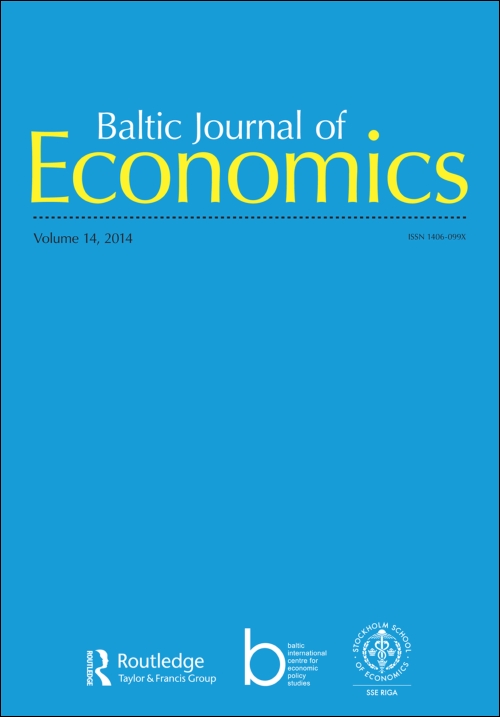Against the political expectations and theoretical models: how to implement austerity and not to lose political power
Against the political expectations and theoretical models: how to implement austerity and not to lose political power
Author(s): Viljar Veebel, Liina KuluSubject(s): Economy, National Economy, Financial Markets, Public Finances, Socio-Economic Research
Published by: BICEPS/SSE Riga
Keywords: austerity; electoral behaviour; euro area; fiscal consolidation;
Summary/Abstract: During the global financial crisis in 2008–10 Estonia symbolized a pathway of fiscal consolidation and austerity. Moreover, despite opting for austerity and all the social and political consequences of achieving fiscal consolidation, the governing coalition in Estonia succeeded also in avoiding a negative political reaction from the voters and remained in power. The current article analyses the variables that made the austerity reforms in Estonia in 2008–11 electorally successful. The economic success of Estonia has otherwise been attributed to a combination of political, institutional, and economic factors: timing; a fiscal policy that was not pro-cyclical; the availability of reserves in Estonia; and the ownership structure of the banks. The present study asks more specifically about the variables that saw the economic success in the implementation of the austerity measures accompanied by a positive electoral outcome. As it will be argued, these factors include the communication strategy chosen intentionally or otherwise by the government, the design of the austerity measures, the peculiarity of the electoral cycle, lack of political alternatives, and the performance of neighbouring countries in implementing austerity measures.
Journal: Baltic Journal of Economics
- Issue Year: 14/2014
- Issue No: 1+2
- Page Range: 2-16
- Page Count: 15
- Language: English

